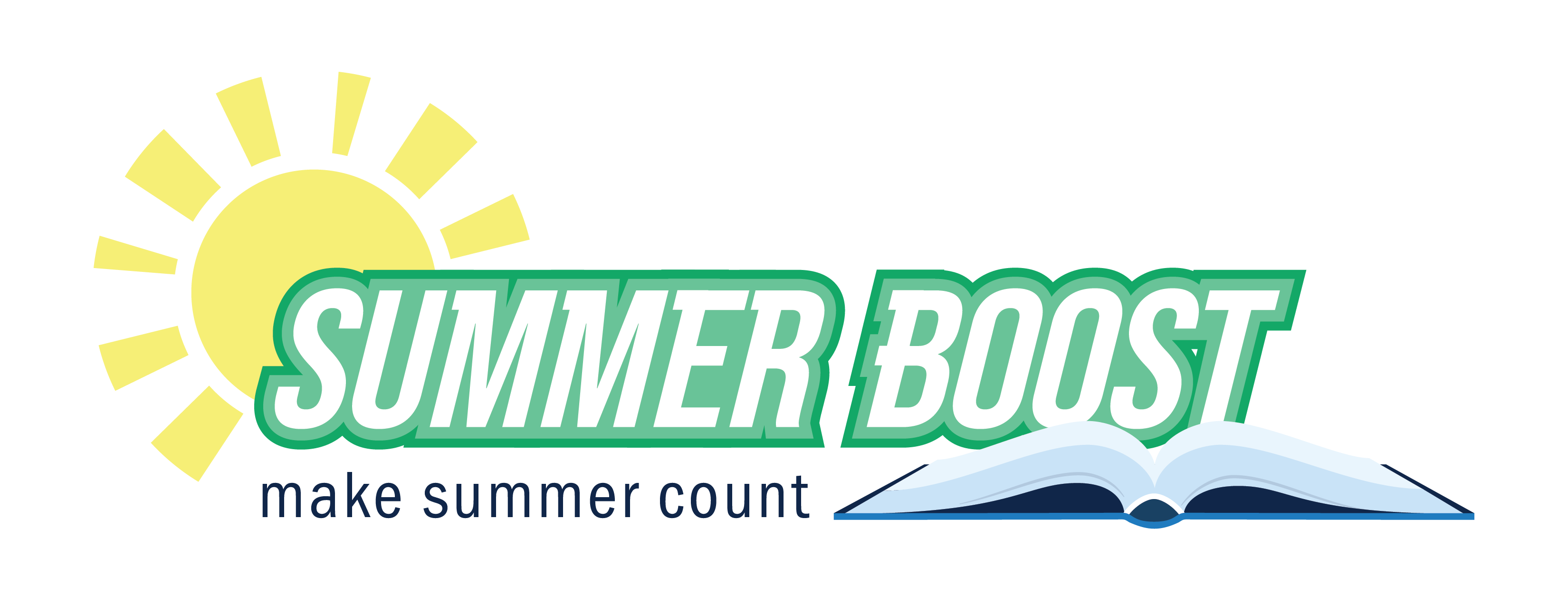Technological innovations are occurring daily and at breakneck speed. Indeed, many of the occupations our students will have are not yet invented.
It is imperative that classroom pedagogies shift away from traditional “do as I do” methodologies and toward collaborative and engaging activities that promote deeper learning in order to meet the college and career readiness needs of our students and prepare them for global competition. Our work must be expeditious to keep up with the rapidly changing technologies and it must be equitable in order to provide access to all students.
Ambitious teaching is in contrast to the way most of us were taught mathematics – memorizing facts and procedures with little emphasis on understanding, problem solving and application. It views all students as capable of making sense of mathematical ideas and being able to use their understanding to solve authentic problems. Ambitious teaching values students’ thinking, including emergent understanding and errors, and attends to students thinking in an equitable and responsive manner.
Equity in mathematics teaching, especially when you are talking about ambitious teaching, cannot be emphasized enough. The messages students receive from teachers are critical to their core beliefs about their mathematical learning. No longer should there be students who believe they are mathematically incompetent.
Teachers must provide all learners with ways to achieve, despite whatever challenges they may face, in an environment rife with both challenge and support. To this end, the authors of “Taking Action: Implementing Effective Mathematics Teaching Practices in K-Grade 5” suggest:
- Go deep with mathematics – Develop students’ conceptual understanding, procedural fluency, problem solving and reasoning.
- Leverage multiple mathematical competencies – Use students’ different mathematical strengths as a resource for learning.
- Affirm mathematics learners’ identities – Promote student participation and value different ways of contributing.
- Challenge spaces of marginality – Embrace student competencies, include everyone and value multiple mathematical contributions.
- Draw on multiple resources of knowledge – Tap students’ knowledge and experiences as resources for mathematics learning.
The Kentucky Academic Standards for Mathematics tells us what skills we need to teach, and now “Taking Action” provides professional learning experiences to guide our teaching. As a team in the Jefferson County Public Schools, our goal is to utilize “Taking Action” to engage teachers in a coherent set of professional learning experiences for the 2018-19 school year designed to develop their understanding of effective mathematical teaching practices and their ability to apply those practices to their own classrooms.
What are the benefits?
“Taking Action” is sequenced to scaffold teachers’ exploration of the effective mathematics teaching practices and provide activities/materials for hands-on learning experiences around each teaching practice. It examines what each practice would look like in the elementary school classroom, offering narrative cases, classroom videos and student work. Teachers committed to ambitious teaching provide their students with increased opportunities to experience mathematics as meaningful, challenging and worthwhile.
Impact on teacher and student learning from using these resources
When teachers engage students in solving and discussing tasks that promote reasoning, problem solving and productive struggle, students learn to make sense of mathematical ideas. Multiple entry points and varied solution strategies are encouraged, as well as connecting mathematical representations to deepen understanding of math concepts and procedures.
Lynn Smith is a certified K-8 mathematics teacher and is the elementary mathematics specialist for Jefferson County Public Schools. Smith is finishing her doctorate in curriculum and instruction in elementary mathematics at the University of Louisville. In collaboration with UofL, she has worked to certify elementary math teachers in Jefferson County as elementary mathematics specialists, who will in turn build capacity in their schools.




Leave A Comment